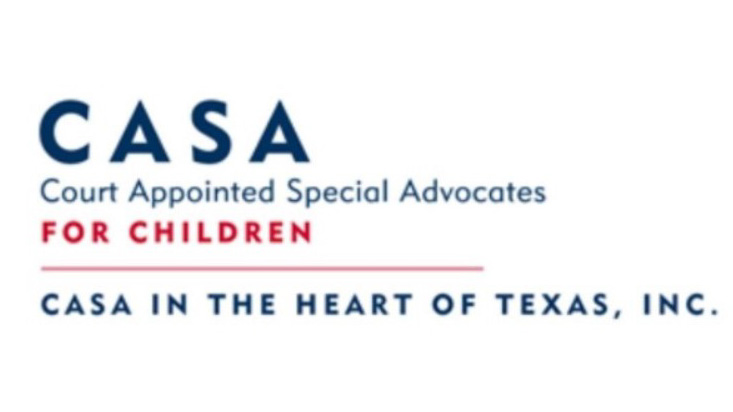
The back-to-school season can bring excitement for young people as they prepare to see their classmates again, meet new teachers and students, and explore new subjects. For youth in foster care, however, starting a new school year can feel scary and uncertain, because the odds are stacked against them when it comes to their educational success.
Children enter foster care not because of any fault of their own, but because their families are in crisis. Once they’re in foster care, they tend to face uncertainty and instability—moving from placement to placement, caseworker to caseworker and community to community. Too often, switching placements also means switching schools.
“Having to change schools causes youth in foster care to lose not only academic progress but also connections with friends and mentors. Couple this with the fact these youth are grappling with different types of trauma that can influence their learning and behavior, and it’s no wonder that they tend to have worse educational outcomes than their peers,” said Joanne McCraw, Recruiter/Trainer for CASA in the Heart of Texas.
What’s more, the pandemic has taken an emotional, physical and academic toll. For some young people, this will be the first time they come back to school in person in more than a year; and most students, in foster care or otherwise, will be facing learning losses.
How can we help children and youth in foster care beat the odds and succeed? With CASA Advocates, McCraw said.
Court Appointed Special Advocates are everyday people from all walks of life who are recruited and specially trained to advocate for children in foster care and provide a consistent, reliable adult presence for them during a difficult time in their life. They are appointed by a judge to one child or sibling group to advocate for their best interest in court, in school, and in other settings. They get to know the child/youth and everyone involved in their life, such as their parents and other family members, foster parents, therapists, caseworkers, and teachers.
Specifically, CASA Advocates can advocate for children’s education by helping teachers, coaches, counselors and school administrators understand the child’s foster care status and the unique challenges they face as a result. They can also advocate for placement and school stability for the children they serve, because it is best for them to stay in their school of origin whenever possible. In cases where a school change is inevitable, CASA Advocates can help ensure a seamless transfer between schools and lessen the negative impact of the school move on the child.
CASA Advocates encourage the child/youth to do well and give their best effort at school, reward effort and progress made, and help (or seek to provide resources to help) them achieve academic goals. “They stay abreast of any problems or challenges the children may be having at school, advocating for their needs to be met,” said McCraw. “Advocates also attend ARD meetings, if applicable, and stay in touch with teachers and/or counselors to monitor progress — not only on academics and grades, but also on relationships and interactions with their peers and school authorities, and on their general well-being in the school environment.”
“Students in foster care face unique challenges, but they deserve every opportunity to thrive just like their classmates,” said McCraw. “Every child in foster care should have an advocate who is committed to helping them be successful.”
CASA in the Heart of Texas urgently needs more Advocates, especially now that the back-to-school season has begun. Consider becoming a CASA Advocate to help ensure that all children get the support they deserve both in school and beyond – giving them a better chance at a brighter future.
For more information visit www.CASAbrownwood.org, www.BecomeACASA.org or call 325-643-2557. The next information session will be on Facebook Live, August 25, 2021 at noon. Find CASA in the Heart of Texas on Facebook and like the page to see more or email [email protected].